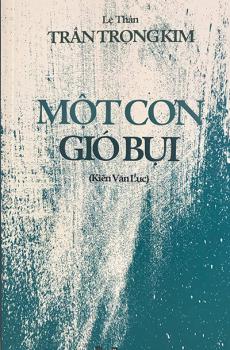Traditions of the Tinguian: A Study in Philippine Folk-Lore
Traditions of the Tinguian: A Study in Philippine Folk-Lore
Đăng nhập để đọc sách và tải về file pdf miễn phí
| Nhà xuất bản | Chưa rõ |
|---|---|
| Nhà xuất bản sách tiếp cận | Public domain |
| Năm xuất bản | 2004 |
| Coppy right | Chưa rõ |
For the purposes of our study, the tales have been roughly divided into three parts. The first, which deals with the mythical period, contains thirty-one tales of similar type in which the characters are for the most part the same, although the last five tales do not properly fit into the cycle, and the concluding story of Indayo is evidently a recent account told in the form of the older relations.
In the second division are the ritualistic and explanatory myths, the object of which seems to be to account for the origin of or way of conducting various ceremonies; for the belief in certain spirits and sacred objects; for the existence of the sun, moon, and other natural phenomena; for the attainment of fire, food plants, birds and domestic animals, as well as of magical jars and beads. Here it should be noted that some of the most common and important beliefs and ceremonies are, so far as is known, unaccompanied by any tales, yet are known to all the population, and are preserved almost without change from generation to generation.
Division three contains the ordinary stories with which parents amuse their children or with which men and women while away the midday hours as they lounge in the field houses, or when they stop on the trail to rest and smoke.
None of the folk-tales are considered as the property of the tellers, but only those of the third division are well known to the people in general. Those of the first section are seldom heard except during the dry season when the people gather around bonfires in various parts of the village. To these go the men and women, the latter to spin cotton, the former to make fish nets or to repair their tools and weapons. In such a gathering there are generally one or more persons who entertain their fellows with these tales. Such a person is not paid for his services, but the fact that he knows “the stories of the first times” makes him a welcome addition to the company and gives him an enviable position in the estimation of his fellows.





